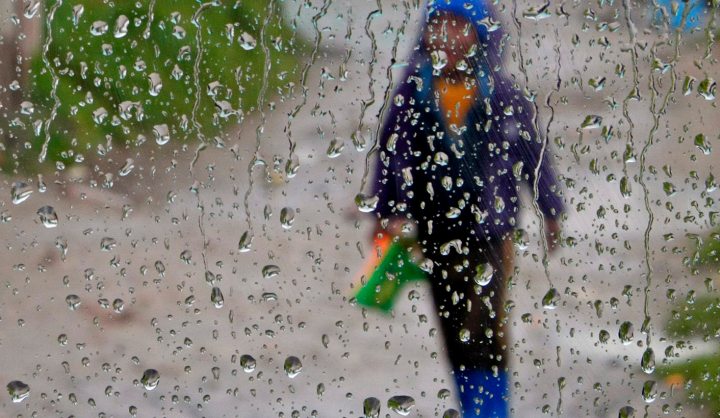South Africa
Parliament: Government’s attempts to fix transport for school pupils still faces lots of hurdles

All South Africans have a constitutional right to access education, but many pupils walk long distances to get to school. A follow-up meeting on the successes of an approved transport policy for students failed to impress MPs. Shortcomings included a lack of policy implementation, incorrect data, unclear departmental roles and, ultimately, the same old “cut and paste” presentation. By SUNÉ PAYNE.
The aim of Wednesday’s meeting on an approved transport policy for students was to have a briefing on the successes of the policy, but much time was spent criticising government departments for not implementing this policy efficiently and speedily.
The transport policy was approved in 2015, and is a collaboration between the departments of Basic Education and Transport, aiming to provide safe, reliable transport for learners.
Yvonne Phosa, chairperson of Parliament’s Standing Committee on Appropriations, noted that the presentation delivered to the committee looked identical to the one delivered at a previous meeting in May 2017. In a clear rebuke, she said: “To me, you’re not taking your work serious. And you are not taking us [the committee] seriously.”
Phosa repeatedly emphasised children’s right to education, and sought to remind the departments that transport for students was in “compliance with children’s constitutional rights”.
The committee then heavily criticised the joint presentation by both departments.
“We’ve spoken on transport last year. We haven’t seen a difference,” said DA MP Sonia Boshoff.
Disabled children had a human right to transport yet currently they had very little or no access to transport, said Boshoff, who called for a report on the number of disabled learners who require transport.
“The department of basic education needs to play a more active role in the safety of our learners,” said EFF MP Nazier Paulsen.
The learner transport policy aims to improve access to quality education through a co-ordinated and aligned system. But holes were punched into the policy by MPs who asked why there was confusion on which department – basic education or transport – has specific responsibilities.
The lack of a set standard of how the policy is implemented provincially was also a big talking point.
“Three years ago, we made a policy decision”, said Granville Whittle, deputy director-general in the department of basic education. Whittle said the national department left it to provincial departments to decide who would be primarily responsible for learner transport – the basic education or transport departments within a province.
Currently, four provincial education departments are primarily responsible for the policy implementation and five provincial departments of transport are primarily responsible.
“Is there a way that we can come up with a uniform formula?” asked DA MP, Nomsa Marchesi, who questioned why provinces such as KwaZulu-Natal had different standards of what the distance between the learner’s school and home was required for learner transport compared to another province, Free State.
KwaZulu-Natal’s required distance for the provision of learner transport was 3km against the Free State’s 5km.
There was outrage from MPs when she said she had walked 10km to a school with learners in KZN.
The province has seen large amounts of pupils requiring transport. The KwaZulu-Natal provincial department of education has set a target of 47,747 learners who would need transport, despite identifying 90,000 learners in the province who require transport in 2017/2018.
This was compared to the Free State which identified 9,008 learners and met their identified target for 2017/2018.
However, according to Equal Education, this number cannot be verified as correct.
“Despite the data we must note a lot of the data was rallying between the departments,” said Sibabalwe Gcilitshana, Equal Education’s Parliamentary Officer.
Equal Education has been campaigning for pupils’ transport to be made available across South Africa. In 2017, their sister organisation, Equal Education Law Centre, made an undertaking with the KwaZulu-Natal departments of education and transport to provide learner transport to 12 schools in the Nquthu district. This is due to come into effect on 1 April 2018.
Gcilitshana said the data collected by Equal Education was difficult to access, a claim which was seconded by the Human Sciences Research Council.
“Provincial data for us is useless,” said Professor Peter Jacobs from the council, who said district level data would provide a more detailed report on how many pupils need transport in the country.
A meeting with provinces and their MECs would be held to solve this issue and would include an analysis of how many disabled learners require transport, said deputy education minister Enver Surty. DM
Photo: Masiphumelele, Cape Town, 2008. EPA/NIC BOTHMA















 Become an Insider
Become an Insider